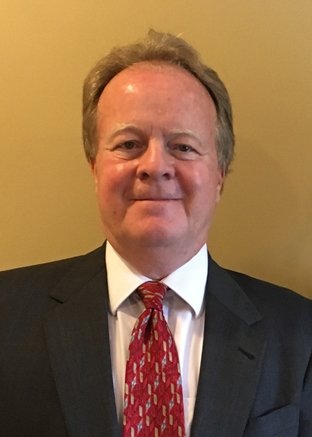Perhaps, it is a consequence of being located near a bevy of universities but Clark and Steinhorn, LLC, is increasingly hearing from students and their parents with regard to student misconduct and Title lX cases.
Often we hear about the cases when it is too late to help the student. Which is to say once the honor review board or decision maker has determined that one is at fault or has committed an infraction or violation. The machinery of "justice " on campus is very different than the criminal justice system, where constitutional protections are taken vastly more seriously.
Once you are found to be in violation of the code of student conduct or academic integrity it is almost always too late to alter the sanction imposed. The sanctions are generally quite significant including expulsion, suspension and the dreaded 'xf'. An "xf" is an F in the course with an additional transcript notation that signifies that you got the F for "Academic Dishonesty" and requires a series of contortions to be removed.
An 'xf" can be a major impediment to graduate education and employment and also often results in the need to retake the course again if it is a requirement for a particular curriculum.
Many students and their families have worked very hard and sacrificed a great deal in order to position the student to graduate with a valuable degree only to have the University thwart them. We have seen cases where the families have expended literally tens of thousands of dollars and years of intense academic work only to see their dreams dissipate in an academic dishonesty finding.
So what should one do to combat an unfair accusation or complaint?
The answer is talk to an attorney who can advise you about possible ways of looking at the roots of the investigation differently. Even such proceedings have to be based on facts or evidence of some sort. Often the schools have many such matters under investigation and dispensation and have not really reviewed or thought through whether the wrong or infraction alleged can be proven.
The mere fact that a professor complains that someone has cheated on a test or plagiarized does not automatically make it true. In some large classes in the covid 19 distance learning era, allegations of academic dishonesty are rife with dozens of students being accused of academic dishonesty on one test or assignment.
The accusation is out there and often the Office of Student Conduct simply accepts it as true without scrutinizing the individual facts of each case. That is where early evaluation by an attorney can assist the student and the school in identifying matters that are ill-based. While the names vary from school to school all universities have structures for investigating and resolving matters involving students accused of academic dishonesty.
All schools want to have fair outcomes: fair to the student, fair to the professor fair to the goal of academic integrity and fair to student safety. The problem is that often too many cases exist to accomplish fairness. Unless you insist on fairness for your case, you may be rolled over by your school.
Our experience is that this happens regularly unless you understand your rights and the school's obligations. Many schools limit the role an attorney can have in a hearing but the value of having an attorney is nonetheless great,
At Clark and Steinhorn we analyze the accusations, the purported evidence, the procedural obligations of the university and help the student ask the right questions before a hearing ever takes place, We often train the student for their hearing, underscoring deficiencies in the school's case and helping sculpt the right questions to show those problems.
This formula has proven effective repeatedly and serves to put the schools on notice that their failure to follow their own rules may be looked at differently later in court.


